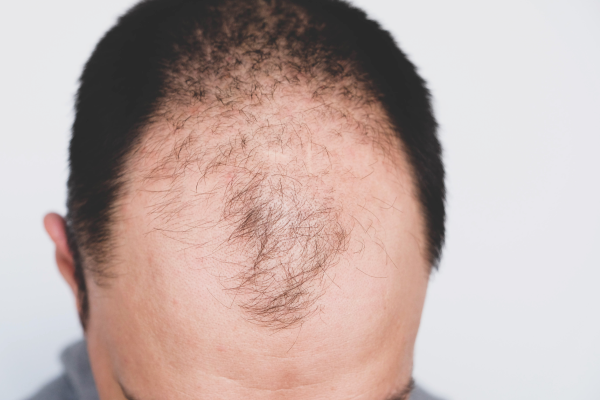Scientific cure for baldness
-Researchers CREATE hair in lab, in breakthrough that could benefit millions of men Scientists have generated hair follicles in petri dishes using embryonic skin cells from mice, in a potential breakthrough for fighting hair loss. The team from Yokohama National University, in Japan, did so by controlling the spatial arrangement of two types of cells, […]

- -Researchers CREATE hair in lab, in breakthrough that could benefit millions of men
Scientists have generated hair follicles in petri dishes using embryonic skin cells from mice, in a potential breakthrough for fighting hair loss.
The team from Yokohama National University, in Japan, did so by controlling the spatial arrangement of two types of cells, epithelial and mesenchymal.
Epithelial cells are a type of cell that covers the inside and outside of the surfaces of your body. They are found on your skin, blood vessels, and organs.
Mesenchymal cells are multipotent stem cells found in bone marrow that are important for making and repairing skeletal tissues.
While the procedure has not been tested using human cells, the team’s findings suggest there is hope that follicles could be implanted in someone’s head and regenerate there.
Their future research could eventually open up new avenues for the development of fresh treatment strategies for hair loss disorders, such as alopecia, a common autoimmune skin disease that causes hair loss.
Hair loss can have psychological effects including high levels of anxiety and depression, decreased confidence, and social withdrawal.
Dr Tatsuto Kageyama, an assistant professor with the Faculty of Engineering at Yokohama National University said in a statement: “Organoids were a promising tool to elucidate the mechanisms in hair follicle morphogenesis, or, the process in an organism where cells are organised into tissues and organs.”
The next step, according to the team from Yokohama National University, is to recreate the orgnaoid structure culture using human cells.
They cited the ethical concerns over harvesting human cells for scientific study as a potential hurdle to expanding their research.
– Mail Online
